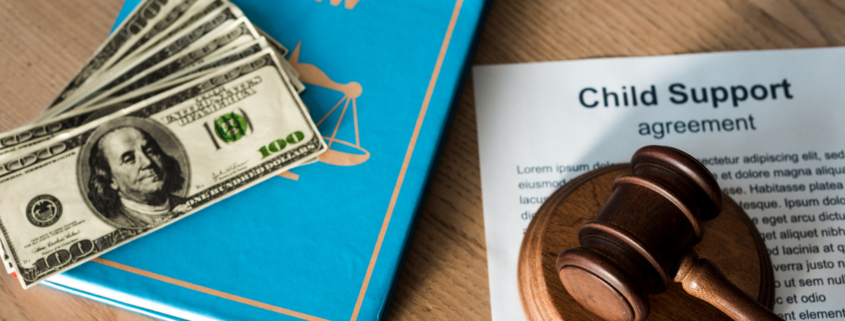Bucks County Child Support: Private or Should You Go Through the Court?
Nearly all family law matters are resolved through agreements, including child support payments. Parents could create a DIY child support agreement. But it is not a good idea if you are the one receiving the payments because you are better protected when the court is involved.
What is Child Support?
Child support is a parent’s periodic payment for their child’s financial benefit. This can be done with a private agreement or a court order. Child support payments apply to situations in which the parents never married, the parents are married but living apart, or the parents are divorced. A parent receives the payments, but they are to benefit a child.
How is the Amount Determined?
It is based on guidelines established by the state’s Supreme Court. The parents’ incomes are calculated and used in a formula that considers many things, including the number of children. The custodial parent pays child support to help pay for the care of the child. The guidelines are just a starting point, and what is paid could vary significantly depending on the circumstances.
The parents split expenses based on their incomes and ability to pay. How much is paid is also impacted by whether custody is shared. The amount paid in child support is not always clear-cut because incomes may vary depending on how a parent is paid (hourly, salary, sales commission, bonuses, or a combination). Child support generally continues until a child is 18, but that may be extended depending on the situation.
Why Not Just Work Out a Child Support Agreement?
There is not much more work left if an agreement has been reached and reviewed by each party’s attorney. If you are a custodial parent, do not negotiate an agreement without legal help. Your child may be entitled to more support than you realize.
You could look at court approval as a formality, but that does not make it a waste of time. It adds certainty and protection to the parent receiving the support. There is no guarantee that payments will never stop, come late, or be less than they should be. Court involvement brings a system of enforcement that can benefit your child.
A child support order protects you in a situation in which the other party does not live up to the agreement. In most orders, when the other parent is a W-2 employee, child support obligations will be attached to their earnings. As long as they are paid, child support will be paid as well. If an order is in place and payments are made directly from one parent to the other, if the payments stop, you can file for enforcement of the child support payments.
Whether you pay or receive it, if you have questions about child support or need legal representation, call Karen Ann Ulmer, P.C., at (866) 311-4783 or complete our online contact form today.






